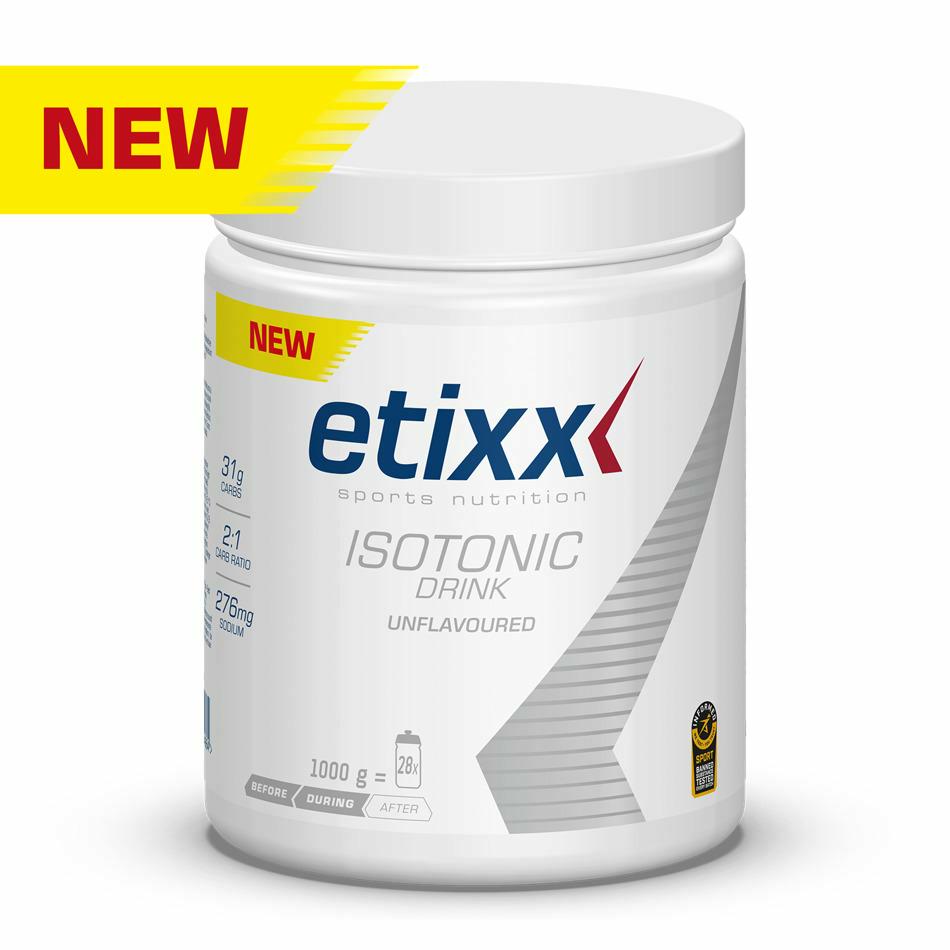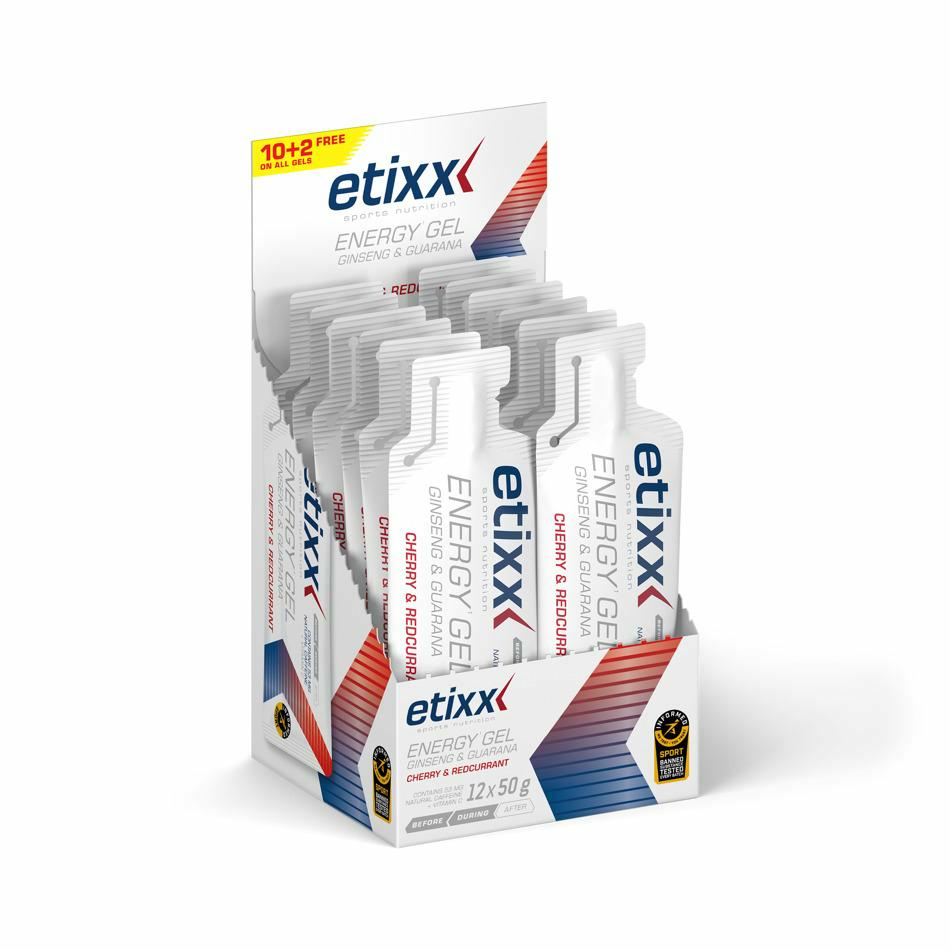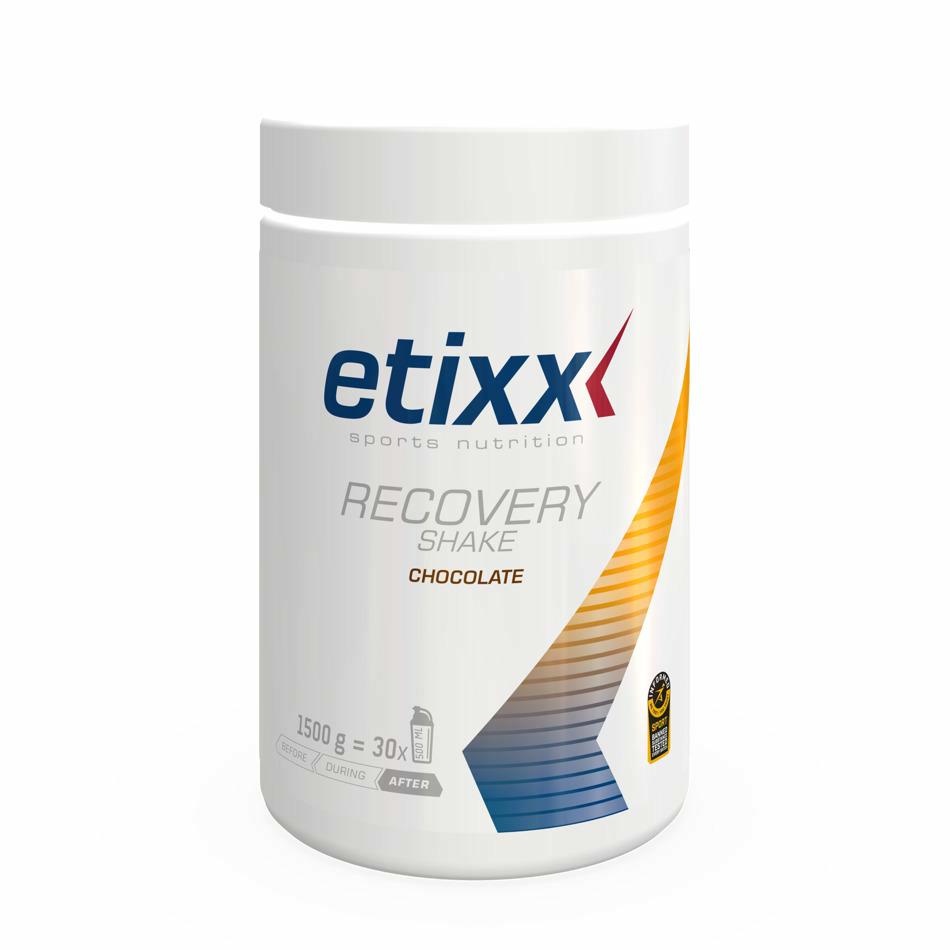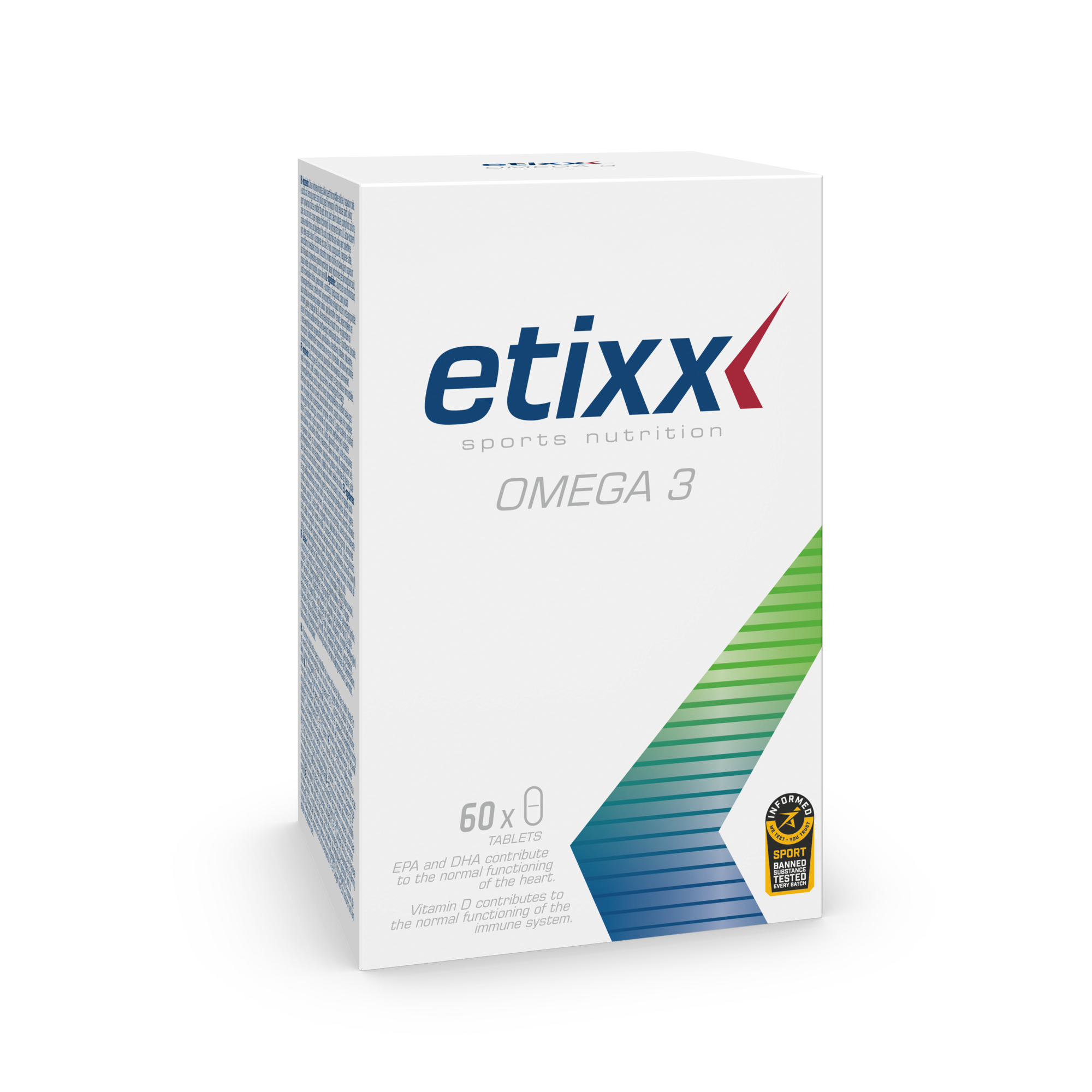Swimming
Nutrition for swimmers
Swimming is one of the top three most popular sporting activities, with 1 in 5 people claiming to swim regularly. Whether you swim as part of a training programme or partake in competitive swimming, you will benefit from having a healthy diet. What you eat and drink can dramatically affect your stamina, speed and technique when swimming.
Preparing for a race or tournament
Preparing for a swimming event, such as a swimming competition or swimming tournament during which you swim multiple races in one day, demands a specific nutritional strategy. You can burn hundreds of calories, and that takes its toll on your energy reserves. But by making sure that your glycogen stores are full and your body is properly hydrated, you can make sure that you will give your best possible performance that day. Etixx products are designed in such a way that they give you all the nutrition that your body needs to swim faster and for longer.
Bring a drinking bottle to the swimming pool
It is difficult to imagine drying out with all that water around you. But you sweat significantly while swimming; it just gets taken up by the water. So, it is important to hydrate before, during and after swimming. If you swim for longer than 30 minutes, then keep a drinking bottle at the side of the pool and have a drink every 20 lengths. It is advisable to choose a sports drink that contains enough carbohydrates to supply you with energy while swimming.

Daily nutrition advice for swimmers
Every athlete has a set of personal needs depending on his or her objectives, condition, experience with sports nutrition and specific problems. Excluding these personal effects, we have found a lot of similarities between the members of our teams, and all of the recreational swimmers who have been involved in the testing of our products.
In general, swimmers require more vitamins and minerals because of the exercise they do. Due to overworking and excess fertilisation, our agricultural land has been degraded, so that fruit and vegetables now contain less vitamins and minerals than roughly 50 years ago. This lower level of vitamins and minerals, combined with lower consumption of fruit and vegetables in general, means that swimmers have to pay extra attention to this. For this reason, extra supplements are highly recommended.
Eat and drink before exercise in order to make the best possible gains.
Our level of performance is directly proportional to our loss of moisture. It is important to start your training sessions properly hydrated. Pre-hydration starts the day before exercise, and mainly involves drinking water. The colour of your urine is a good indication of whether you are sufficiently hydrated. Dark yellow urine is a sign that you have not drunk enough. A light yellow colour indicates that you are well hydrated. During the meal before your session (3 hours before) or 10 minutes before the exercise, you can drink a sports drink to hydrate and get some extra carbohydrates.
Eat and drink something during exercise in order to gain as much performance as possible.
The amount of moisture that you will lose during exercise depends on duration, intensity, genetics, body size and various environmental factors such as humidity and temperature. It is therefore not entirely clear how much you should drink while exercising. A very good way to determine how much moisture you need to consume is to use some scales on a day during which you will be training. Weigh yourself before and after training, and multiply the lost weight by 1.5. The outcome is the quantity of fluid that you need to consume in order to compensate for what you lost as sweat.
In order to perform during long periods of exercise, the muscles must have enough glycogen, and that is why it is important to consume carbohydrates while training and replenish these reserves. If no carbohydrates are consumed during long periods of intensive exercise, glycogen in the muscles will become depleted after 90 minutes. The table below shows how much carbohydrate must be consumed, because requirements depend on the duration of the exercise:
| <1h | No additional carbohydrates required |
| 1-2h | 30g per hour |
| 2-3h | 60g per hour |
| >2,5h | Up to 90 g per hour |
You can choose to consume carbohydrates during exercise in liquid, semi-liquid or solid form. The more liquid the food, the faster the carbohydrates will be absorbed during exercise. In stress situations, preference is always given to liquid sources of carbohydrate, because our digestive system does not work optimally when we are under stress.
Eat and drink something after exercise in order to recover as quickly as possible
Proper recovery after training is crucially important, because strangely enough, your body gets stronger and fitter after exercise, not during. In line with the motto “You’re only as good as your last recovery”, it is important to pay attention to what you eat and drink after exercise. This determines how much you will gain from your training. Often, you have to drive or catch a bus, or rush to your next appointment, so you do not immediately supply your body with the building materials it needs to ensure proper recovery. This can cause you to start your next training with fatigue, potentially causing you to enter a negative spiral. This can result in delayed progress, or even injury. What you should do, is provide your body with fuel and the right nutrition as fast as possible.
Advanced plan
For those who are ready to take it a step further and are aiming for challenges that are just within their potential. The products below can help you with this depending on your goals.
Sign up for our newsletter and receive a 15% discount in your mailbox
Search















